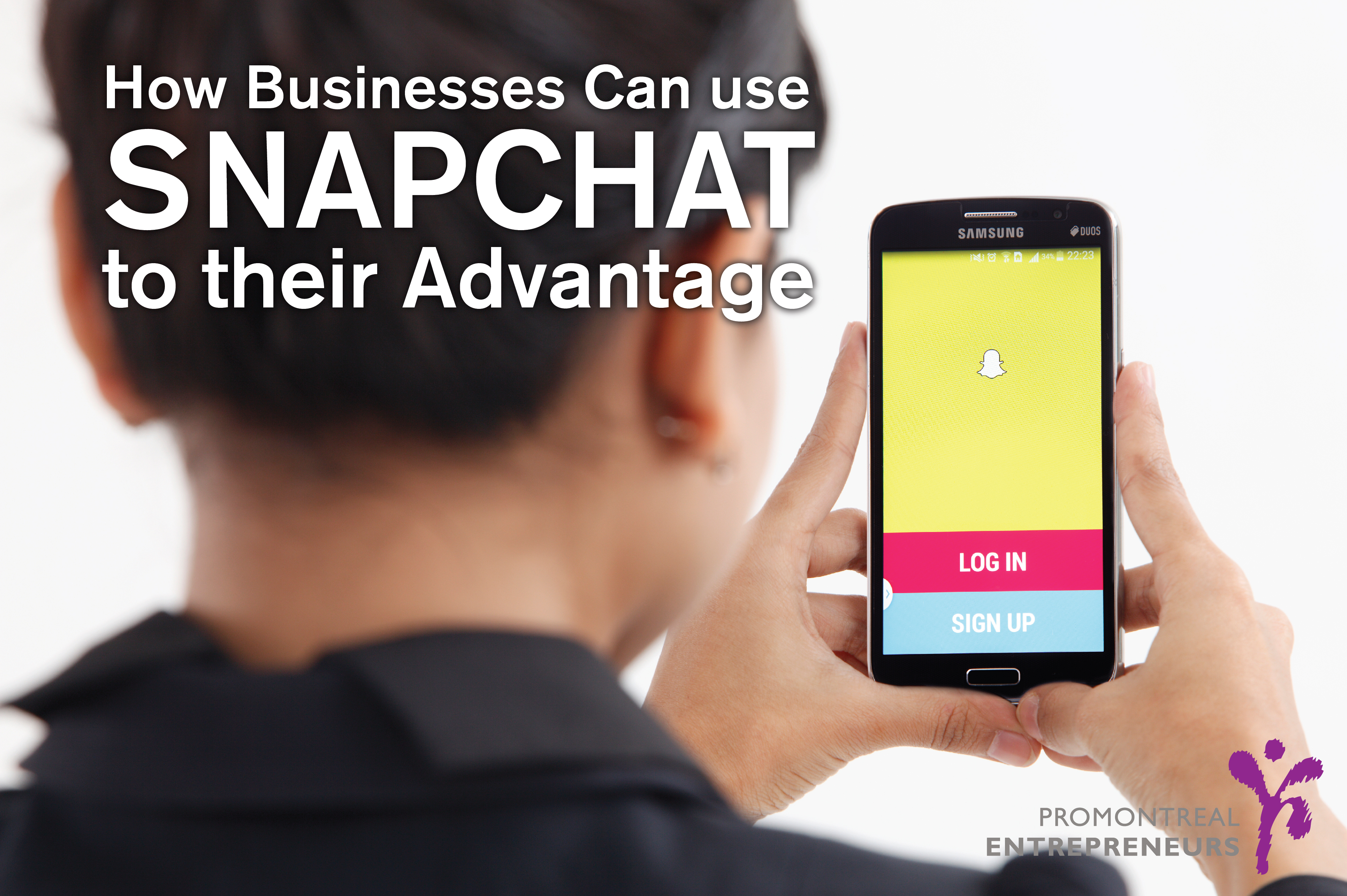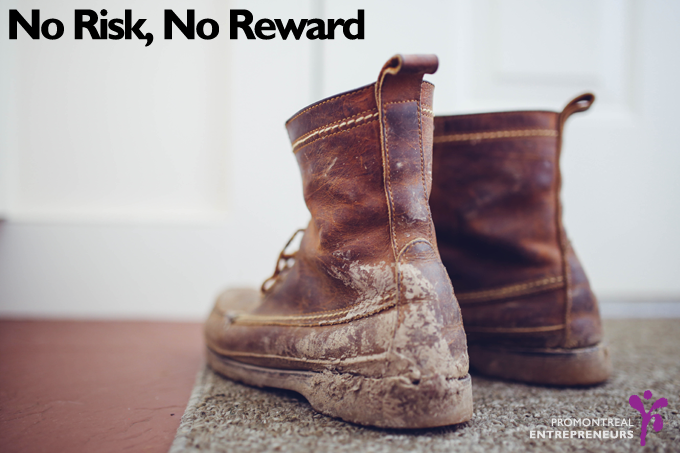 If a prize could be awarded to social media of the year, it would without a doubt go to Snapchat. Just 2 years ago Snapchat was only used by a few avid users. Last year, though benefiting from a quickly increasing user base, it was viewed as a platform for people and not businesses. Snapchat today is not what it was a year ago, let alone 6 months ago. Just download the app and have a look. Acclaimed magazine publications, major televised events, and diverse businesses have found comfort in the social network. If your current marketing plan does not include Snapchat, you should seriously reconsider.
If a prize could be awarded to social media of the year, it would without a doubt go to Snapchat. Just 2 years ago Snapchat was only used by a few avid users. Last year, though benefiting from a quickly increasing user base, it was viewed as a platform for people and not businesses. Snapchat today is not what it was a year ago, let alone 6 months ago. Just download the app and have a look. Acclaimed magazine publications, major televised events, and diverse businesses have found comfort in the social network. If your current marketing plan does not include Snapchat, you should seriously reconsider.
Snapchat is based on a very simple concept. You send a picture or a video to your contacts, they watch, and it disappears forever. Given that Snapchat’s primary user base is people between the ages of 13 to 25, and the fact that 77% of North American college students have Snapchat, this platform gives you access to a great pool of potential customers. As of May of 2016, Snapchat users spend between 25 to 30 minutes a day on Snapchat. Considering that most Snaps last only a few seconds, this is a tremendous amount of time to be spending on a social platform. So as you can see, the question is not whether or not you should be on Snapchat. The question is how you can operate your business’s Snapchat account in order to yield the best outcome. How do I get users to follow me? How do I get them to my company’s website? How often should I post a Snapchat story? These are just a few questions that can be running through your mind at this moment. Lucky for you we’re here to give you some input.
When looking at all the start-ups that have successfully promoted themselves and attracted new users on Snapchat, there is one common theme. When creating content, they do not focus on sales. They focus on storytelling and having people get to know their brands. Very rarely will you see a successful brand promoting their prices, specials, or discounts on Snapchat. The last thing millennials want is yet another blatant commercial. Story telling on Snapchat is a challenge, because you have just a few seconds to stand out. But there are different ways of doing this. Some successful start-ups such as MeUndies, come up with storyboard, plots and filming locations in order to keep their followers on their feet. Other businesses use Snapchat as a way to give people a glimpse of what happens behind the scene and share their company culture.
Snapchat geo-filters can also be used to your advantage to help market your business. You can create a customized Snapchat geofilter for areas that surround your headquarters, work base, or stores. Snapchat geo-filters can help in a few different ways. Firstly, they can increase the awareness of your brand amongst people in your surrounding areas. Secondly, they can drive people to your location in order to consume (if such is the case). Last but not least, your company name will be exposed to the various contacts of those who are posting your (hopefully) cool geofilter on their snapchat stories.
Aside from the features that Snapchat explicitly offer, there are unique ways of coming up with content. Giving a different employee an opportunity to snap pictures and videos everyday can help with showing different perspectives of what goes on behind the scenes. Additionally, you can add incentive for people to follow you. Many companies have included contest giveaways, scavenger hunts and couponing to their Snapchat Stories.
The great thing about Snapchat is that it’s probably the most casual way you will ever be able to interact with millennials. Though Snapchat doesn’t offer detailed analytics or graphs on the people who view your Snapchat stories, there are a few important metrics you should be paying attention to in order to measure your progress over time. Snapchat is constantly changing, and as it grows is continuing to offer more opportunities for businesses. The market access it offers is just too great for any entrepreneur to ignore.



 Everyone knows that the beginning of a Montreal summer also means the beginning of festival season. However, unlike most festivals in the city,
Everyone knows that the beginning of a Montreal summer also means the beginning of festival season. However, unlike most festivals in the city, If you are an entrepreneur looking for networking opportunities in Montreal this summer, you are definitely in the right city. Whether a casual or formal setting, Montreal offers numerous opportunities for you to make new contacts and learn more about different industries in the startup world. Here are the top 3 events you should definitely visit this summer.
If you are an entrepreneur looking for networking opportunities in Montreal this summer, you are definitely in the right city. Whether a casual or formal setting, Montreal offers numerous opportunities for you to make new contacts and learn more about different industries in the startup world. Here are the top 3 events you should definitely visit this summer.



